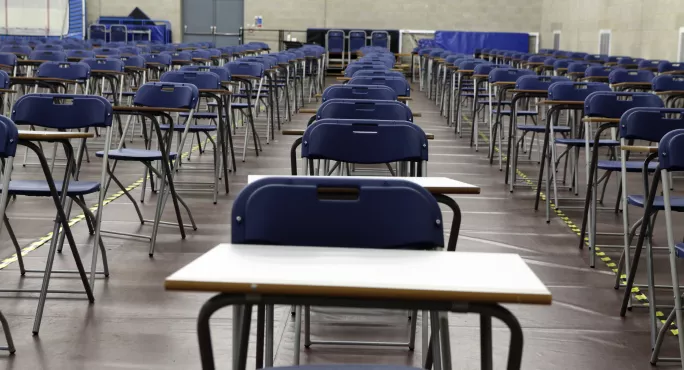Teachers told to reassure students as language exams get tougher
Share
Teachers told to reassure students as language exams get tougher
https://www.tes.com/magazine/archive/teachers-told-reassure-students-language-exams-get-tougher

This summer’s A-level language exams will be more difficult than previous years’ papers, but the changes will not adversely affect students’ grades, teachers are being told.
Language teachers are being asked to “reassure” their students that grades will not be lower, despite an increase in the number of difficult questions in AS and A2 reading, listening and writing papers.
A letter sent to schools by a group of headteachers’ organisations and language associations this week warns that students and teachers, “could become anxious that grades in modern languages generally will be lower” because of the more difficult tests.
However, it says, “the changes will not affect the proportion of candidates obtaining each grade in general (except, potentially, A*) as grade boundaries will be adjusted to match the wider spread of marks awarded.”
Changes have been made after heads of languages complained that unpredictable marking of language papers was deterring students from the subject, and that the number of pupils gaining an A* was too low.
Nick Mair, former chair of the Independent Schools Modern Languages Association, told TES that under the changes, the proportion of difficult questions in reading and listening comprehension sections would rise.
“There will be more of the most testing questions, but they will be the same sort of question,” he said. “There will be nothing unpredictable, because that would be unfair on candidates.”
Mr Mair, who has campaigned for the changes, said: “I expect the overall percentages to stay the same, except hopefully for more A*s. This would bring the percentage of A* grades more in line with other academic subjects.”
It comes after a report by exams watchdog Ofqual, published in September, found that in A-level French, German and Spanish assessments, “a large number of questions were not effective in differentiating between students of different abilities, especially between the most able”.
In a statement published at the time of the report, chief regulator Glenys Stacey said: “Exam boards need to make sure that assessments are designed in the right way to differentiate fairly between students.
“It is vital that students, teachers and other users of these qualifications can have confidence in them and know that the results are fair. The changes we’re proposing will do that. Those that should get the higher grades will do so - that’s only fair.”
You've reached your limit of free articles this month. Subscribe for £1 per month for three months and get: